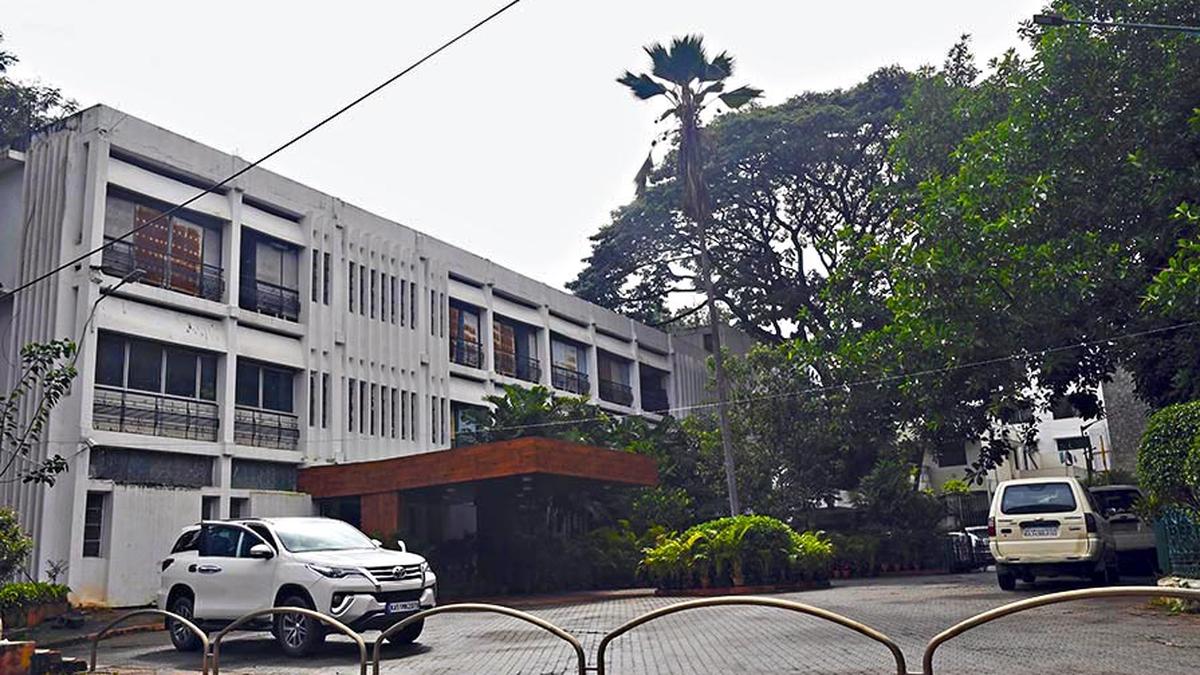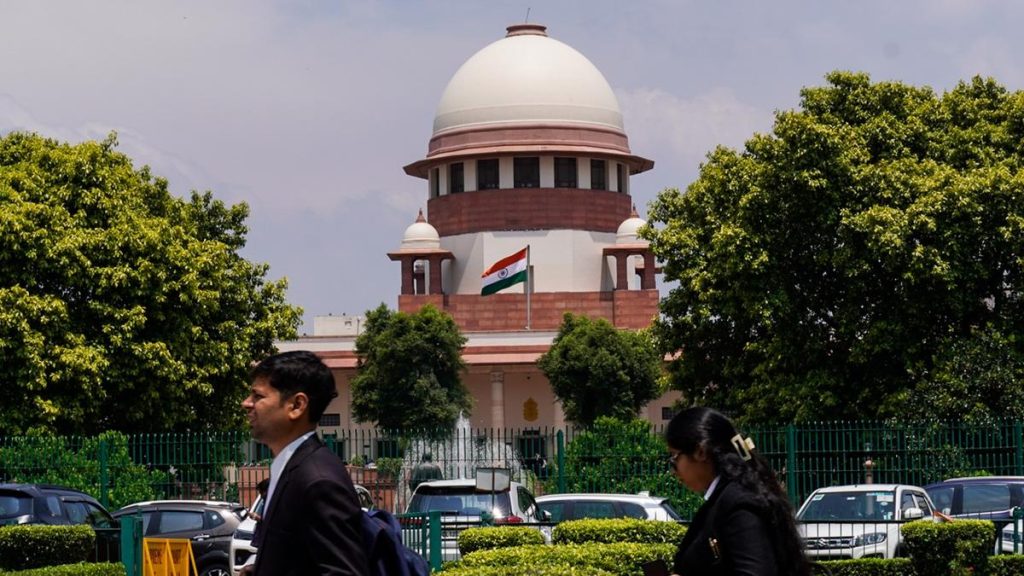Now Reading: BDA Requests Exemption from RERA Rules
-
01
BDA Requests Exemption from RERA Rules
BDA Requests Exemption from RERA Rules

Rapid Summary:
- The Bangalore Development Authority (BDA) seeks exemption from the Real Estate Regulation and Development Act, 2016 (RERA) in submissions made to the Karnataka RERA.
- The BDA claims its role as a statutory body under the BDA act,1976,cannot be equated with private developers and argues that RERA lacks jurisdiction over its activities.
- Submissions were made following complaints about delays in completing projects like nadaprabhu Kempegowda Layout (NPKL).
- Stakeholder groups criticized these claims, alleging they aim to deflect attention from development delays.M. Ashok of NPKL Open Forum pointed out similar past efforts by BDA were unsuccessful.
- Key issues cited for project delays include litigation over land acquisition and the complexity of managing large infrastructure projects requiring financial flexibility.
- The BDA argued its work fulfills public obligations at lower-than-market rates and includes concessions for economically weaker sections, marginalized communities, sportspersons, and ex-servicemen.
- It maintains that the special provisions under the BDA Act prevail over general regulations like RERA based on settled legal principles.
Indian Opinion Analysis:
The crux of this debate lies in balancing regulatory oversight with enabling effective governance by statutory bodies such as the BDA. On one hand, affordable housing and civic development are essential state welfare objectives that require operational flexibility; however, accountability remains crucial when public grievances arise around project delays or inefficiencies.
BDA’s argument for exemption relies heavily on established jurisprudence favoring specialized statutes like its governing law over broader frameworks like RERA.This legal reasoning may hold merit but opens concerns about transparency after prolonged complaints regarding unfinished layouts such as NPKL.
For stakeholders raising dissatisfaction, procedural hurdles surrounding land acquisition might be valid yet insufficient explanations given repeated disruptions impacting beneficiaries directly-especially socioeconomic groups reliant on concessional housing schemes at rates below market prices.
Ultimately resolving this jurisdictional conflict could set an notable precedent around whether statutory entities should face enhanced scrutiny akin to private real estate promoters despite differing mandates or maintain exemptions rooted in thier broader welfare responsibilities.Read more






















